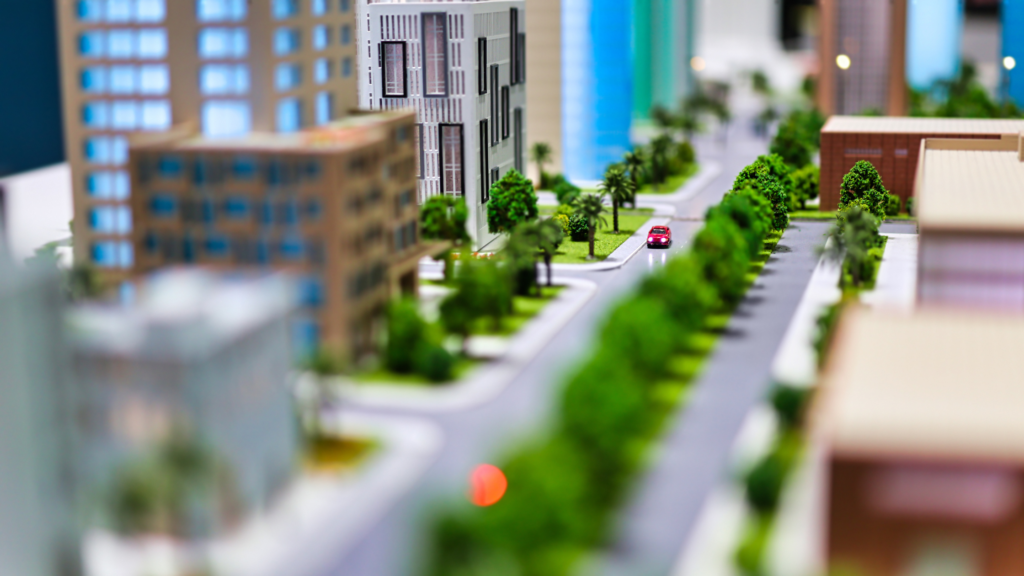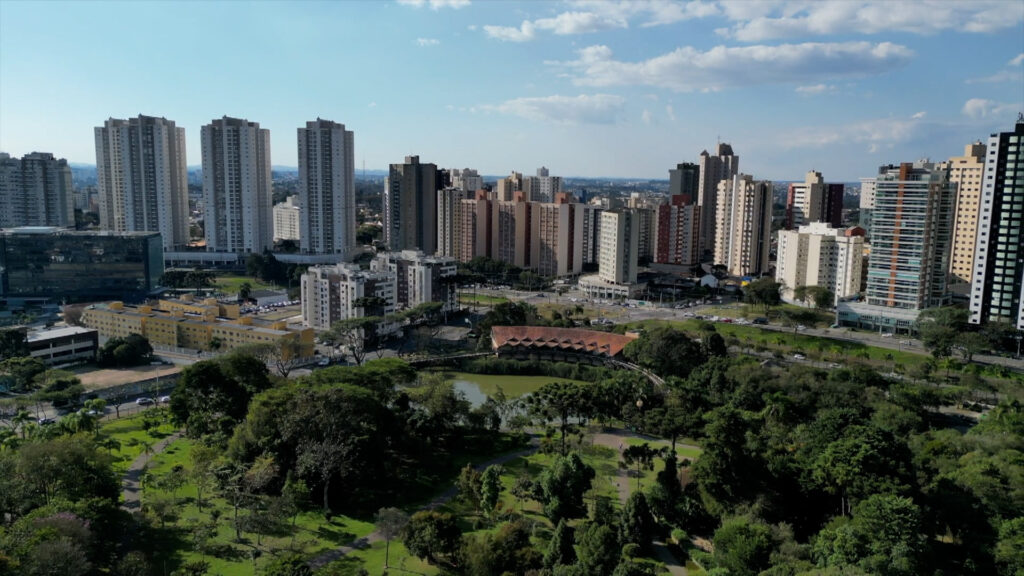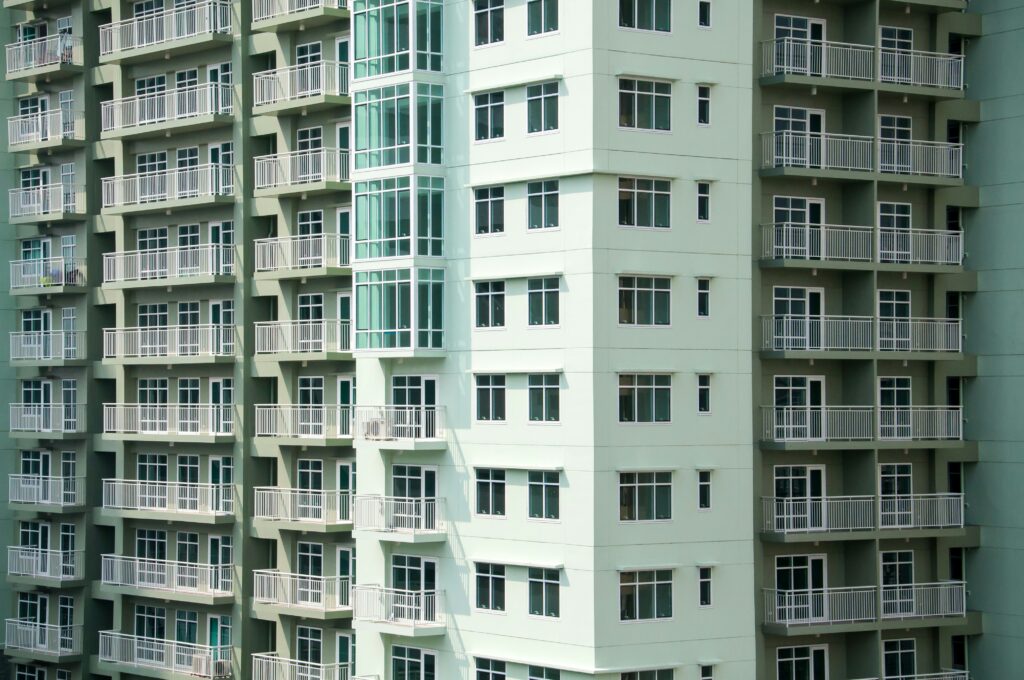Urban development plays a pivotal role in accommodating the rapidly growing global population. However, it is imperative that this development occurs sustainably to protect environmental health and ensure social well-being. Sustainable urban development aims to create livable, eco-friendly cities that harmonize economic growth with environmental preservation. This article will dive into various strategies and highlights the benefits of sustainable urban development, underscoring its significance for a greener, more sustainable future.
Understanding Sustainable Urban Development

Sustainable urban development involves the thoughtful planning, design, and management of cities to achieve economic, social, and environmental sustainability. This approach seeks to minimize the ecological footprint of urban areas while enhancing residents’ quality of life, ensuring that cities remain vibrant, resilient, and inclusive for future generations.
Key Strategies for Sustainable Urban Development
Green Building Practices
Green building practices are essential for sustainable urban development. These practices involve using eco-friendly materials, energy-efficient designs, and renewable energy sources to construct buildings. Green buildings reduce energy consumption, lower greenhouse gas emissions, and provide healthier indoor environments.
Efficient Public Transportation
Efficient public transportation systems are vital for reducing traffic congestion and lowering carbon emissions in urban areas. Investments in public transit infrastructure, such as buses, trains, and cycling lanes, encourage people to use sustainable modes of transportation, thereby decreasing reliance on private vehicles.
Urban Green Spaces
Integrating green spaces, such as parks, gardens, and green rooftops, into urban planning enhances the environmental and social quality of cities. Green spaces improve air quality, provide recreational areas for residents, and support biodiversity.
Sustainable Water Management
Sustainable water management practices, including rainwater harvesting, wastewater recycling, and efficient irrigation systems, help conserve water resources in urban areas. These practices ensure a reliable water supply while reducing the strain on natural water bodies.
Benefits of Sustainable Urban Development
Environmental Benefits
Sustainable urban development significantly reduces the environmental impact of cities. By adopting green building practices, efficient public transportation, and sustainable water management, cities can lower their carbon footprint, conserve natural resources, and enhance biodiversity.
Economic Benefits
Investing in sustainable urban development can drive economic growth. Green buildings and infrastructure projects create jobs, attract investments, and increase property values. Additionally, efficient public transportation systems reduce transportation costs for residents, boosting disposable income and local economies.
Social Benefits
Sustainable urban development promotes social well-being by creating healthier living environments and fostering community engagement. Green spaces and recreational areas improve residents’ physical and mental health, while efficient public transportation systems enhance mobility and accessibility.
Challenges and Solutions
Overcoming Financial Barriers
One of the main challenges of sustainable urban development is the initial cost. Sustainable building materials and technologies can be expensive, deterring investments. To overcome this barrier, governments and organizations can provide incentives, subsidies, and financing options to encourage sustainable practices.
Policy and Regulatory Support
Strong policy and regulatory frameworks are crucial for promoting sustainable urban development. Governments must implement and enforce regulations that mandate green building practices, efficient transportation systems, and sustainable water management. Collaboration between public and private sectors is also essential for effective urban planning and development.
Community Engagement and Awareness
Engaging communities and raising awareness about the benefits of sustainable urban development is vital for its success. Educating residents about eco-friendly practices, involving them in decision-making processes, and promoting community-led sustainability initiatives can foster a culture of sustainability in urban areas.
Case Studies
Singapore: A Model of Sustainable Urban Development
Singapore is a leading example of sustainable urban development. The city-state has implemented green building standards, efficient public transportation systems, and extensive urban green spaces. Singapore’s commitment to sustainability has resulted in a high quality of life for its residents and a reputation as a global green city.

Curitiba, Brazil: Pioneering Urban Sustainability
Curitiba, Brazil, is renowned for its innovative urban planning and sustainable practices. The city’s integrated public transportation system, extensive green spaces, and recycling programs have significantly improved its environmental and social quality. Curitiba’s success demonstrates the potential of sustainable urban development in transforming cities

Sustainable urban development is essential for creating greener, more livable cities that balance economic growth with environmental preservation. By adopting strategies such as green building practices, efficient public transportation, and sustainable water management, cities can achieve significant environmental, economic, and social benefits. Through strong policy support, financial incentives, and community engagement, sustainable urban development can become the standard for urban planning, ensuring a brighter future for all.



